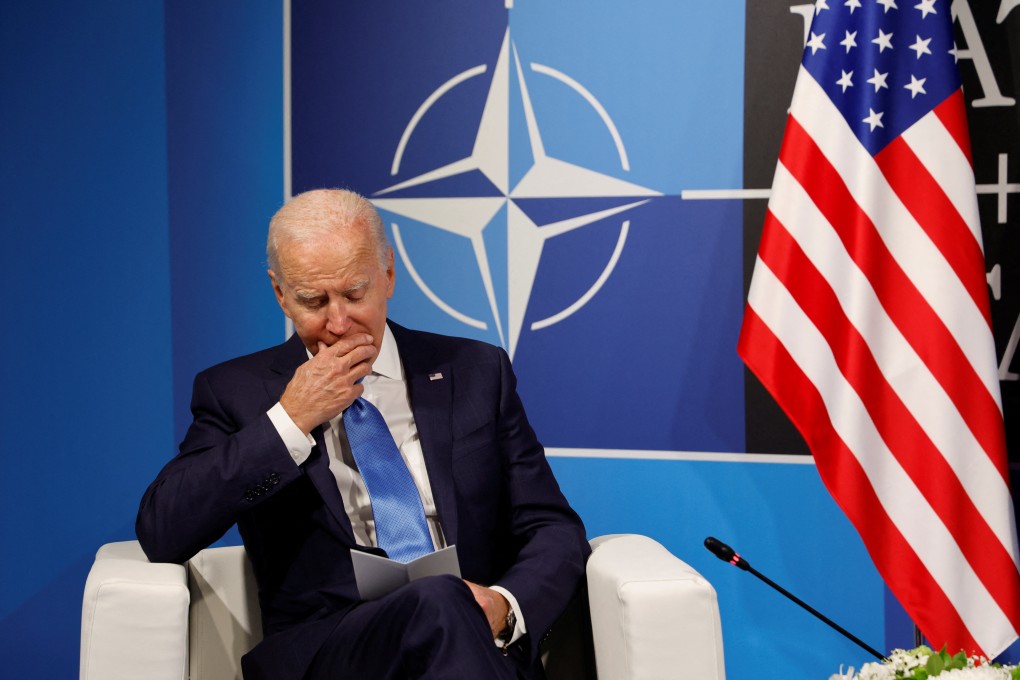Opinion | From Plato to Nato, or Greek to US fascism
- When it comes to “hegemonic bullying”, it makes little difference whether you and your children are to be bombed by Nato or the Pentagon

Nato is back in vague. Russia’s invasion of Ukraine has caused the imminent expansion of the military alliance to Finland and Sweden. The North Atlantic Treaty Organization has also extended what may be called its old Atlanticism to the Pacific, by newly labelling China as “a strategic challenge”.
In response, Foreign Minister Wang Yi said China would work with friendly nations to “oppose hegemonic bullying, resolutely resist the Cold War mentality”. As self-serving as his statement may be, he is not entirely wrong.
I have always been fascinated by the idea or ideology of Nato, as conveyed by the well-known Platonic reference. It turns out, though, and I only learned it now, the phrase was not originally from Danish historian David Gress’ 1998 book, From Plato to Nato: The Idea of the West and Its Opponents, but from British literary critic Terry Eagleton, who was a full-bred Marxist. In other words, the phrase was intended for mockery from the start.
The idea being ridiculed or criticised is that there was somehow a historical continuity of freedom, reason and progress that uniquely defined the cultural identity of the West. And Nato is the tip of the spear, the nightwatchman who will defend all the best things that the West stands for.
But what did Plato stand for? A person finds fulfilment not by being him or herself, but being a part of the nation, or in Plato’s case, the polis.
Most people are ignorant and irrational, and must be guided by an elite who are wise and rational. There are different kinds of truths and moralities, those for the ignorant and those for the wise. For most people, myths are good enough to guide their beliefs and control their behaviour.
